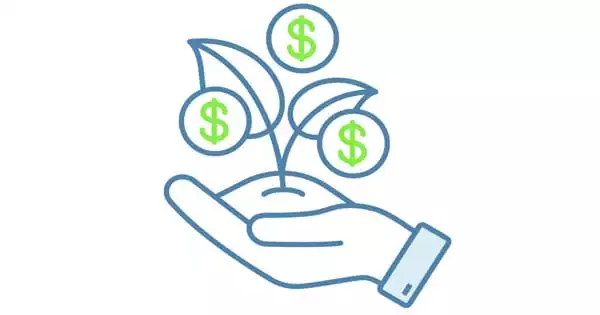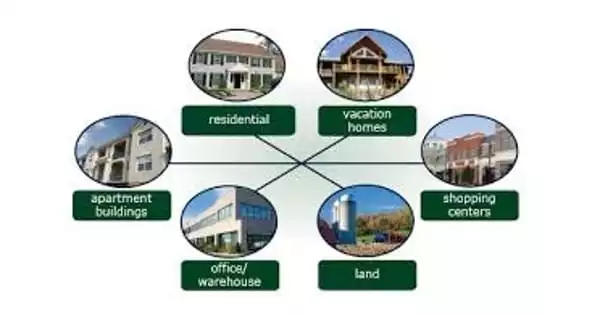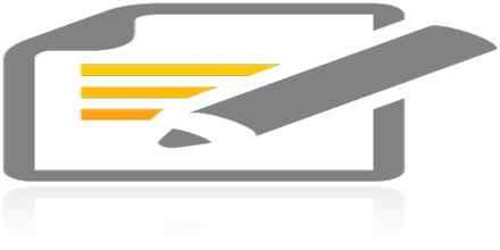Foreclosure is the legal process in which a lender or mortgage investor takes back unpaid property. It is a legal process in which a lender attempts to recover the balance of a loan from a borrower who has stopped making payments to the lender by forcing the sale of the asset used as the collateral for the loan. It happens when a borrower fails to pay their mortgage payments and the lender or mortgage investor must repossess the home. This can happen for a variety of reasons, including recent unemployment, divorce or separation, or insurmountable debt such as mounting medical bills.
Usually, a lender obtains a security interest from a borrower who mortgages or pledges an asset like a house to secure the loan. It can also happen when the homeowner fails to pay their property taxes or homeowners association fees. If the borrower defaults and the lender tries to repossess the property, courts of equity can grant the borrower the equitable right of redemption if the borrower repays the debt. During foreclosure, the mortgage lender may seize the property and sell it to recoup the money it lost from the mortgage default. While this equitable right exists, it is a cloud on title and the lender cannot be sure that they can repossess the property. The lender is allowed to take back the home because a mortgage is a secured loan. Therefore, through the process of foreclosure, the lender seeks to immediately terminate the equitable right of redemption and take both legal and equitable title to the property in fee simple. That means the borrower guarantees repayment by providing collateral. If they can’t pay back the loan with money, they use the collateral instead.
The five phases of a foreclosure –
- The borrower defaults on the loan.
- The lender issues a notice of default (NOD).
- A notice of trustee’s sale is recorded in the county office.
- The lender tries to sell the property at a public auction.
- If the property doesn’t sell at the auction, the lender becomes the owner.
The foreclosure process as applied to residential mortgage loans is a bank or other secured creditor selling or repossessing a parcel of real property after the owner has failed to comply with an agreement between the lender and borrower called a “mortgage” or “deed of trust”. Often, the borrower doesn’t have the money to continue making mortgage payments. Commonly, the violation of the mortgage is a default in payment of a promissory note, secured by a lien on the property. Foreclosure is what happens when a homeowner fails to pay the mortgage. If the promissory note was made with a recourse clause and if the sale does not bring enough to pay the existing balance of principal and fees, then the mortgagee can file a claim for a deficiency judgment. The advantages of foreclosure include being able to stay without paying rent for a while.
















